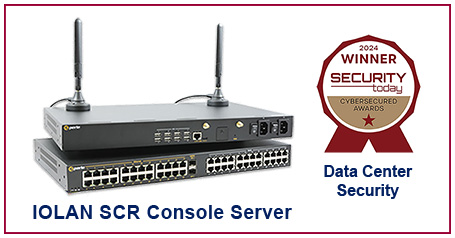
Good news and bad news about multi-protocol storage
By Donna DonnowitzAugust 29, 2011
An InfoWorld report has found that primary storage systems that support a wide variety of protocols can be a prime asset or a continual problem for organizations.
Most major enterprise storage platforms today can support all of the block-level storage protocols, as well as file-based NAS functionality. Typically, the more flexibility a storage platform can offer, the more likely it will be able to stay useful.
Data centers are undergoing nascent dramatic changes, such as huge growth in corporate data quantities and the drive toward high-density virtualization. In addition, data centers are now working with private cloud infrastructures that rely on converged networking.
According to a TechTarget report, network convergence evolution means major challenges for network developers. High demand for bandwidth could be the most significant. As applications become more sophisticated and users transmit data of increasingly rich content, network resources can be overly challenged. One key to effective network convergence rests with the design, installation and maintenance of adequate hardware.
The InfoWorld report says that, while multi-protocol storage flexibility may be helpful, the ability to mix and match protocols brings with it some potential liabilities. These liabilities include more complexity, compatibility issues and training challenges.
Most modern storage platforms come with built-in Ethernet or Fiber Channel connectivity. This gives organizations the flexibility to upgrade an installed iSCSI or FC-only solution and keep the same infrastructure. Additionally, organizations will be in a good position to migrate toward a different protocol as needs and capabilities evolve.
All of this flexibility gives organizations the capacity to move from one technology to another without replacing equipment. Being flexible also lets companies mix and match technologies to make the most efficient use of their resources, says the InfoWorld report.
However, the report adds that flexibility can have a downside. The fact that a company can support FC, FCoE, iSCSI, CIFS and NFS all at the same time doesn't mean that this is a good idea. Companies should be cognizant of the fact that they are tasking their systems administrators at high rates. This amount of flexibility demands an extraordinary range of expertise from company administrators.
This could mean that some of these admins may be forced to learn new talents as a result of infrastructure convergence. In addition, a piece of hardware might support a given protocol, but that is not a guarantee that the hardware will support it well.



